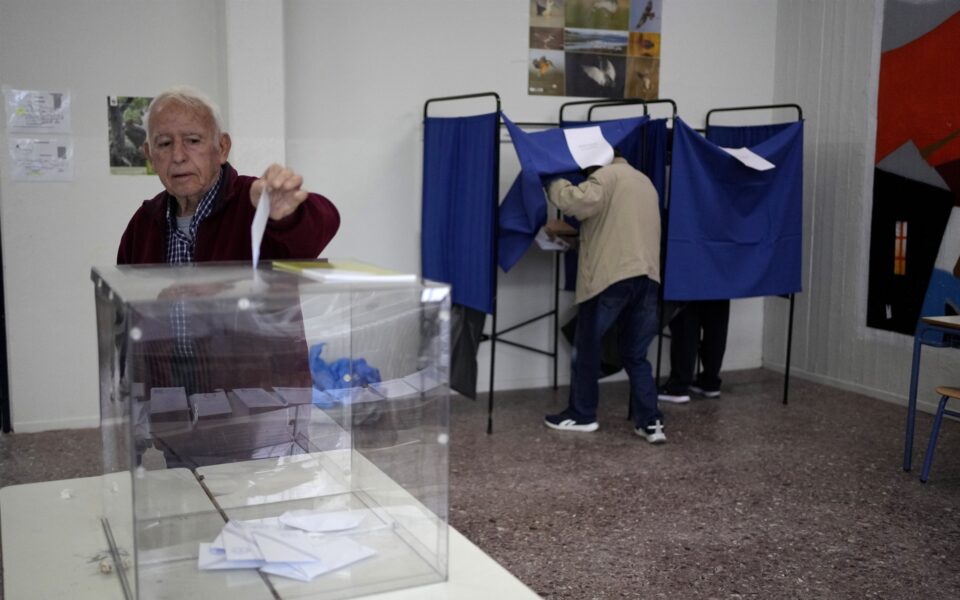Why hold a third election in August?

“We lack a culture of collaboration.” Unfortunately, this phrase is repeated in Greece as an unquestionable truth. And since we ostensibly lack this culture, we find ourselves resorting to holding elections repeatedly until we can establish a majority government.
In the midst of summer, with people dressed in swimsuits and sunscreen, voters have return to the ballot boxes until the top vote-getting party secures more than 151 seats. The threat of a third ballot was suggested by New Democracy leader Kyriakos Mitsotakis, while conservative heavyweight Adonis Georgiadis made it clearer by stating, “Around mid-August” we will have new elections. The strategy is evident: Citizens who don’t want a third election will reluctantly turn out to cast their votes, just to get it over with. The first-placed party always benefits in this case.
In the Greek political system, the focus is on personal interactions and negotiations, rather than party ideologies
The problem is that one’s vote should not be influenced by blackmail or implicit threats but rather should be a positive endorsement of the party that aligns closest to the voter’s positions, proposals and visions. However, in the Greek political system, the focus is on personal interactions and negotiations, rather than party ideologies. The pre-election slogan of PASOK leader Nikos Androulakis, “Neither [SYRIZA leader Alexis] Tsipras nor Mitsotakis,” exemplified this sentiment. In response, Mitsotakis claimed, “Androulakis is Tsipras in a tie,” after his party defeated SYRIZA by a margin of 20 percentage points, allowing him the luxury of being uncompromising.
I must acknowledge that the responsibility for this mentality does not lie exclusively with New Democracy. PASOK and SYRIZA also bear a significant share of the blame for perpetuating this culture. While the system of simple proportional representation was SYRIZA’s idea, the party failed to formulate a clear strategy for the day after. Its ambiguous stance on post-election alliances, initially expressing confidence in winning the election and later leaving the possibility of a “government of the defeated” open, revealed its lack of preparedness for the electoral system it fought for for over two decades.
However, it is not impossible: Each party should present its campaign platform, and leaders should engage in constructive debates. The center-right can emphasize indirect taxes and low taxation for businesses as a means to stimulate development, while the left can argue that such policies are unfair. National border security can be a priority for one camp, while the rival camp focuses on protecting human rights. The commitment to prioritize public health is essential, although the performance of New Democracy’s previous four-year term does not seem to align with this pledge. Informed citizens can then vote, and when no party achieves an outright majority, the parties should come to the negotiation table and seek their basic common ground. Talks to form a viable coalition government may take weeks or even months. This process occurs in many other countries, so there is no reason why it cannot happen here.





